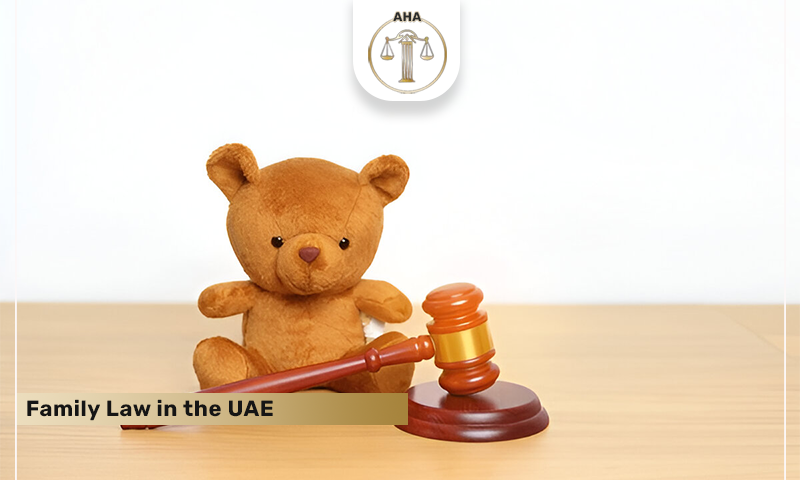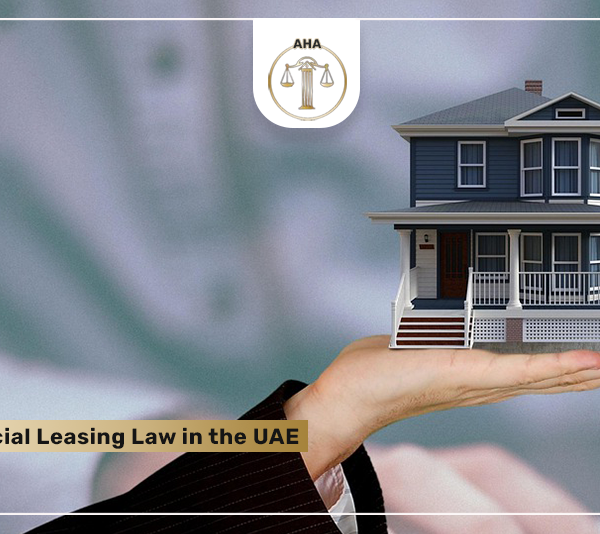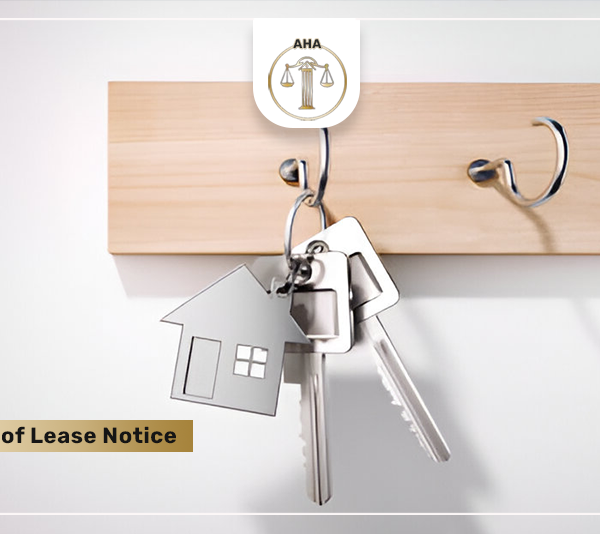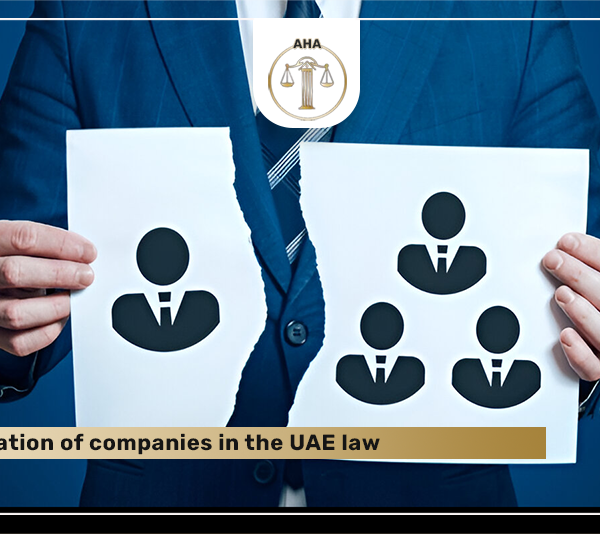Many people search for the topic of family law in the UAE, assuming that family status has a law named after it. However, everything related to the family and household is called the Personal Status Law in the UAE.
MR Ahmed Humid Al Balooshi Law Firm – AHA LEGAL OFFICE, will explain what the Personal Status Law, which many people mistake for the Emirati Family Law, covers! For any inquiries: Click and contact us now for any legal inquiries!
What is the Personal Status Law in the UAE?
It is the law that regulates marriage, divorce, alimony, child custody, wills, estates, inheritance, and other minor family matters within Emirati society. This law includes provisions specific to the personal status of Muslims, in addition to another personal status law for non-Muslims.
Some of the most important Legal branches of the Personal Status Law in the UAE:
1. Marriage:
UAE law specifies the conditions for a marriage contract in the UAE, such as the minimum age of 18, the consent of both parties, and the legal documentation of the marriage with the relevant authorities.
2. Divorce:
The law regulates divorce procedures in the event of a husband and wife’s separation, granting the wife the right to alimony and child custody unless the court decides otherwise. Alimony for the mother and children is determined based on the husband’s financial situation.
3. Alimony:
After divorce, UAE law determines the rights of the wife and children regarding alimony. Alimony includes the woman’s rights during and after marriage. Alimony and housing are also due to a woman in iddah following a revocable divorce, and to a woman in iddah following an irrevocable divorce while pregnant. A woman in iddah following an irrevocable divorce while not pregnant is entitled to housing only.
Alimony is not due to a woman in iddah following a death, and she is entitled to reside in the marital home for the duration of her iddah.
Alimony is waived in certain cases, including: if she withholds her husband from her without a legitimate excuse; if she abandons the marital home; if she prevents the husband from entering the marital home without a legitimate excuse; and if she fails to fulfill her marital duties and obligations stipulated by law.
4. Custody:
This is the preservation, upbringing, and care of children, in a manner that does not conflict with the guardian’s right to guardianship.
The custodian must:
– Be of sound mind
– Be mature enough
– Be trustworthy
– Be able to raise, protect, and care for the child
– Be free from serious contagious diseases
– Have not been previously convicted of a crime against honor
The court often awards custody to the wife, unless the court deems otherwise, and allows the other party to visit the children and regulates the relationship between them.
5. Rights and Duties:
There are shared rights between spouses, regulated by the Personal Status Law, which clearly defines the relationship between spouses. These rights include: the right of each spouse to enjoy the other spouse within the limits permitted by Sharia; lawful cohabitation; good treatment and mutual respect and affection; maintaining family ties; and caring for and raising children to ensure they are raised properly.
At Our legal office with MR Ahmed Humid Al Balooshi Law Firm – AHA LEGAL OFFICE, we are ready to answer all your legal inquiries regarding personal status law and everything related to the family within Emirati society. If you have any questions or inquiries, do not hesitate to contact us: Click and contact us now for any legal inquiries!





